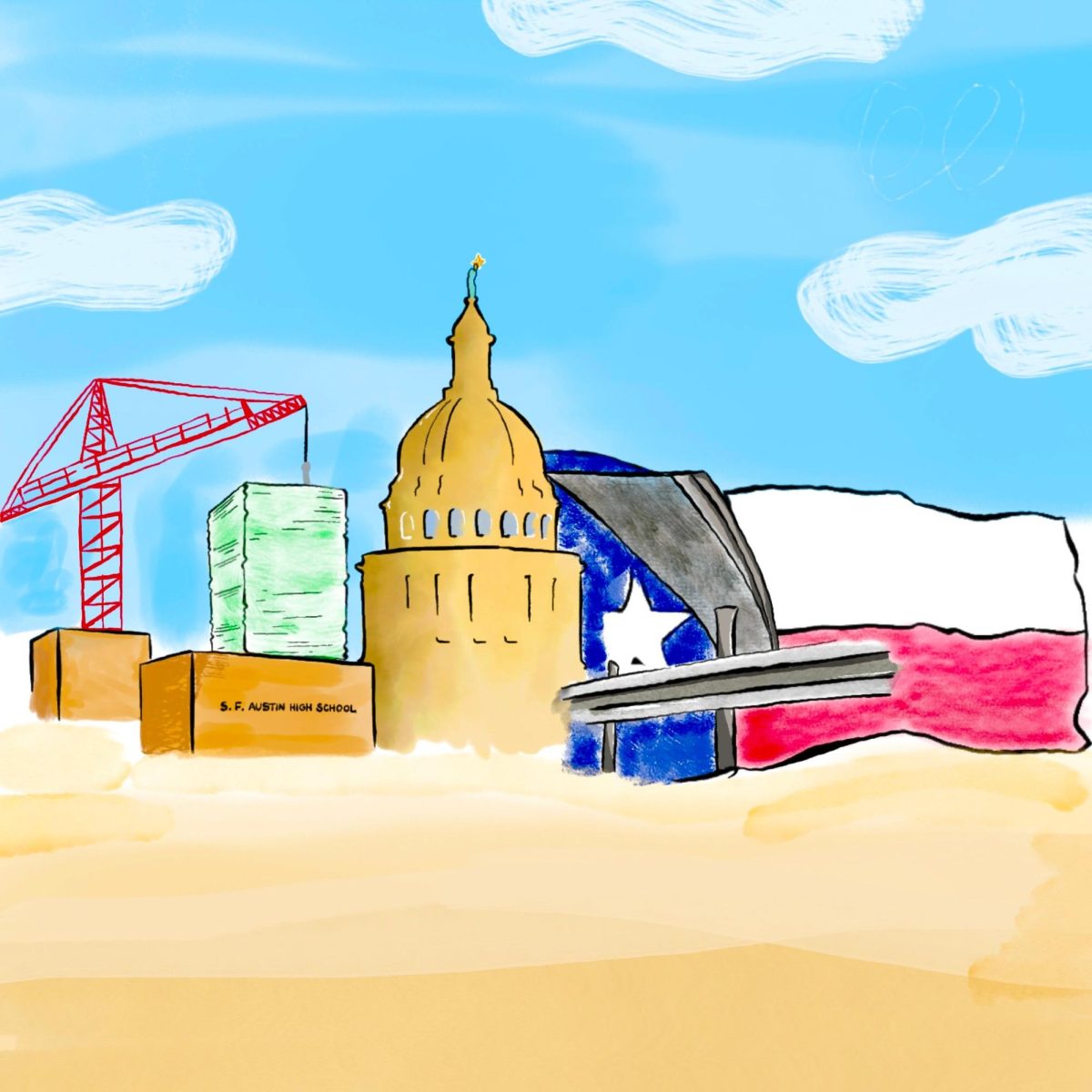Olympic-themed trivia competitions and tricking students’ taste buds are only two of the ways Synapse is bringing together students from all majors with one thing in common — an interest in neuroscience.
“We were trying to provide a community for any undergraduates on campus who were interested in neuroscience to cultivate those interests,” biochemistry senior Roberto Cofresi said. “Along those lines, essentially the club was trying to provide the small college feel that you kind of get with Plan II or Dean’s Scholars programs, and it brought together people in neurobiology and psychology, which is where people kind of differed if they were interested in neuroscience.”
This organization cultivates community through discussion, lecture and activities.
Philosophy and neuroscience senior Nicholas Karasik said Synapse involves allowing individuals from different disciplines to come together and share information.
“Our meetings are open to the public, and we definitely welcome anyone basically who’s curious about brains or behavior to come, so that’s regardless of major,” Cofresi said.
The discussions are based on three modules throughout the semester in order to maintain structure. The group constrains each discussion to the concepts and topics in the module, Cofresi said. Neurobiology senior Ryan Ellis said because there isn’t a professional in the room during discussions, this helps take pressure off students to ask questions they might not ask in class.
The organization’s other events include service and outreach, movie nights and faculty meet and greets. One event was called “flavor-tripping” and involved manipulation of flavor perception, and another was an open-house lab tour at the Norman Hackerman Building. In April, Synapse will host “NeurOlympics,” a team trivia competition.
Cofresi said Synapse also aims to prepare people for research and develop critical thinking and public speaking skills.
“We’re still not gonna be a major-specific club,” Cofresi said. “But they have this club for [incoming neuroscience majors], so they have a home within the College of Natural Sciences and the University more broadly kind of waiting for them, and that’ll enhance their academic experience.”
The weekly meetings alternate between either peer-led discussions or faculty lectures and Undergraduate Neuroscience Journal Club meetings.
The Undergraduate Neuroscience Journal Club is made up of Synapse members, and it meets every other week to have conversations regarding scientific literature.
Cofresi said the neuroscience faculty is supportive and helpful to the club because it is a student-based effort, with no dues or incentives besides internal reward and motivation to give back to the club.
“If I had to characterize Synapse, it would be very much integrative,” Karasik said. “It allows for a lot of different ideas to be exchanged.”

















